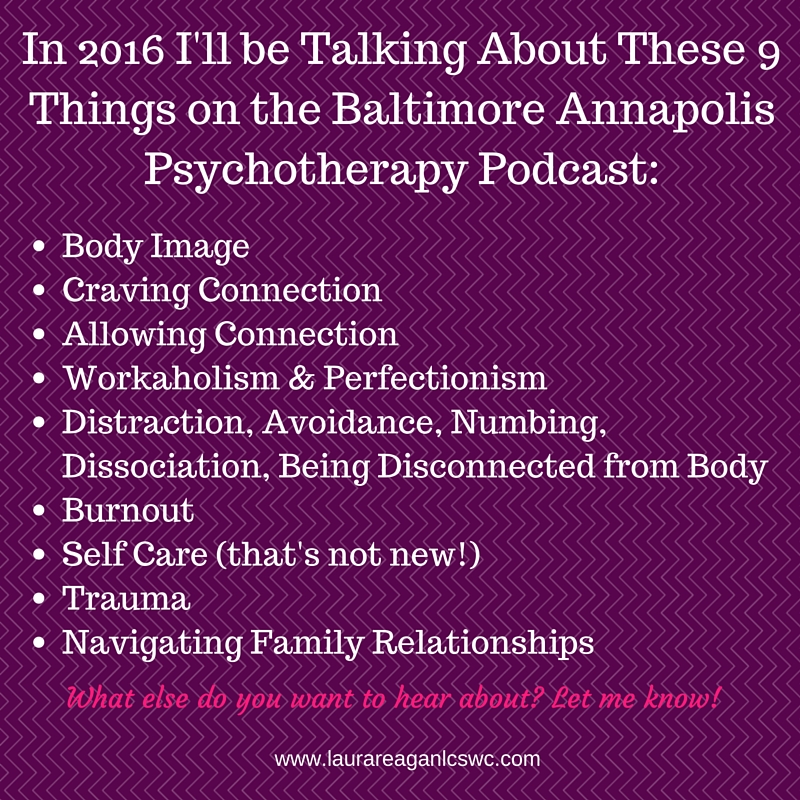My Podcast Interview with Washington Post Parenting Expert Meghan Leahy
Meghan Leahy is a parenting expert who writes a weekly column for the Washington Post. She's a parent coach helping parents who are overwhelmed with their children's behavior. Yet she is the first to admit that she gets overwhelmed with her children's behavior too. Does this seem counterintuitive? Not if you talk to Meghan.
Meghan states that her job is not to tell parents what to do. Her job is to teach parents what their children need She teaches that the problematic behavior is the child's developmentally appropriate way of telling the parent what he or she needs.
Listen in to this fascinating interview in which Meghan shares why she doesn't tell parents what to do, why self care is important - hint: it's NOT so we can take better care of our kids! - and tells us about the theory informing her work.
Find out more about working with Meghan by visiting her website!
And if you like the podcast, please visit iTunes and download episodes, subscribe and leave a rating and review.
You can also find the podcast on Stitcher, Google Play and on my website at www.laurareaganlcswc.com/podcast.
I'd love to hear your comments on this episode! Comment below!
Wholeheartedly,
Laura Reagan, LCSW-C







